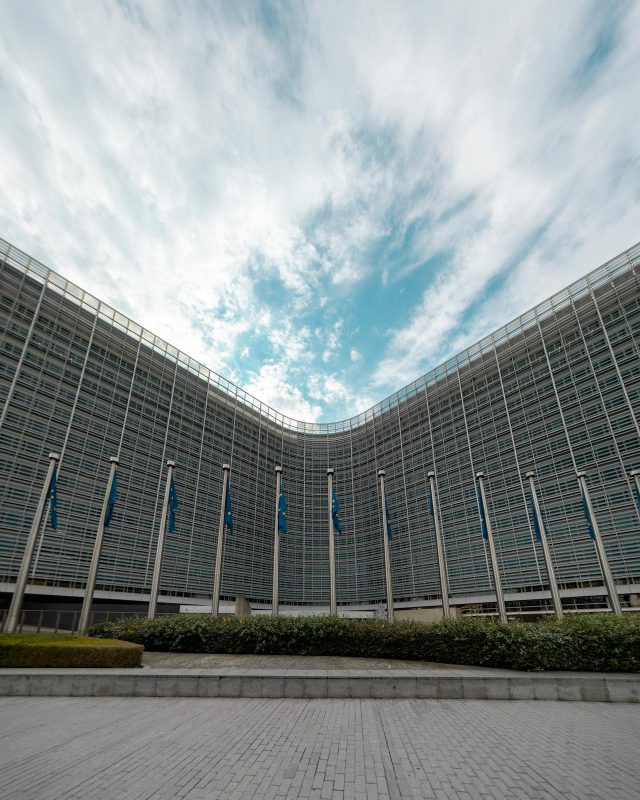
The European Union’s Common Agricultural Policy (CAP) has been, for decades, a central pillar in supporting European farmers and ensuring food security. However, the recent modification of this policy, which introduces urgent adjustments in response to farmers’ protests, has sparked controversy that goes beyond the mere agricultural issue.
In light of these changes, the European Ombudsman has launched an investigation to assess whether the European Commission has acted in accordance with the principles of transparency and environmental sustainability, highlighting a key dilemma: how can we balance the needs of the agricultural sector with ambitious sustainability objectives?
Context
Earlier this year, the European Commission pushed through a series of changes to the CAP aimed at providing greater flexibility to farmers. These modifications were partly in response to intense protests from the agricultural sector in several member states.
The complaints from farmers were understandable: increasing environmental demands and regulatory restrictions were severely affecting their ability to maintain profitability.
The Commission’s proposal, which relaxed some environmental requirements, was quickly approved, drawing criticism from certain sectors, especially from environmental organizations.
Diferent organizations argue that the modifications not only compromised environmental protection policies but were made without adequate climate assessment. For them, the omission of this assessment represents a significant threat to the long-term sustainability of European agriculture.
They submitted a formal complaint to the European Ombudsman, requesting an investigation into whether the Commission had engaged in maladministration by failing to carry out an environmental impact assessment, a crucial requirement under current EU legislation.
Sustainability should not be an obstacle to Agriculture
Sustainability is a key objective in European policies. However, it is essential that efforts to protect the environment do not become an obstacle for farmers seeking to maintain their productive and viable operations. The European Union has set ambitious climate goals, such as achieving carbon neutrality by 2050. However, we must remember that without competitive and sustainable agriculture, these goals will not be met. Agricultural production is a fundamental pillar for the economic and social stability of the continent.
The investigation opened by the Ombudsman, while necessary to clarify doubts, highlights a deeper issue: the bureaucracy of Brussels. The Commission, under pressure, acted swiftly to calm social tensions, but this has generated criticism regarding the lack of public consultations and the omission of impact studies. European institutions must act with greater efficiency and transparency, ensuring that any legislative change is based on solid scientific evidence while also being able to respond effectively to the legitimate demands of affected sectors.
The importance of consulting society
One of the most concerning aspects of this case is the lack of consultations with key stakeholders, including farmers and civil society organizations. It is necessary to remember that the CAP, being one of the most important and costly policies of the EU, must be designed not only to meet environmental demands but also to ensure that farmers have a secure and prosperous future. In this sense, transparency in the decision-making process is essential.
However, we cannot forget that European agriculture faces unprecedented global challenges: increasing competition in international markets, pressure to reduce the use of chemicals and pesticides, and the need to adapt to climate change. Reforming the CAP should not only involve adjusting to environmental demands but also equipping farmers with the necessary tools to compete in an increasingly difficult environment.
Balanced reform to seek a solution
The ongoing investigation by the Ombudsman may be an opportunity for the European Commission to reflect on its decision-making process and improve accountability. Sustainability and competitiveness should not be mutually exclusive. The solution may lie in a CAP that is flexible and adaptable while also being long-term oriented, supporting both farmers and the environment.



 Subscribe
Subscribe